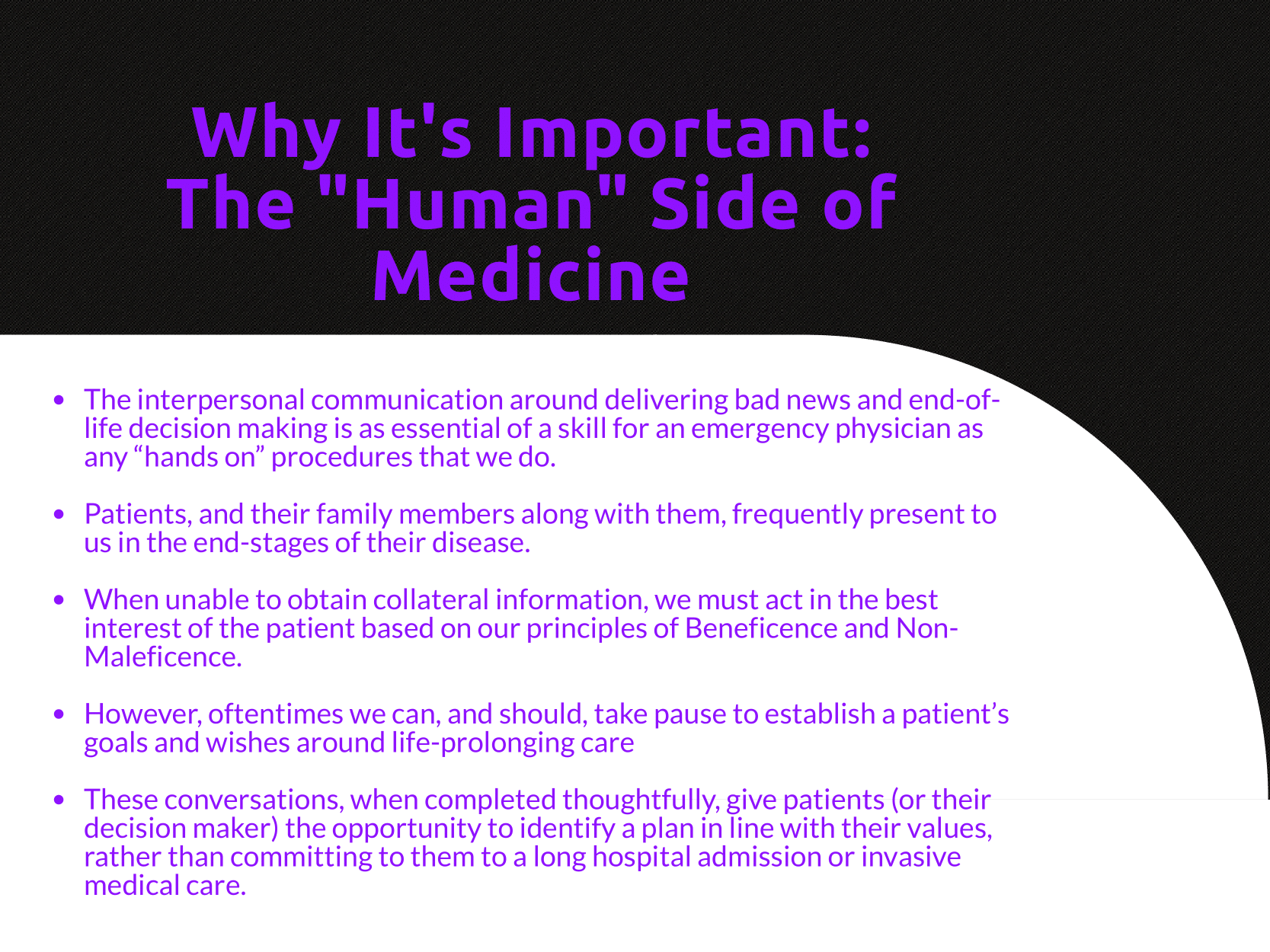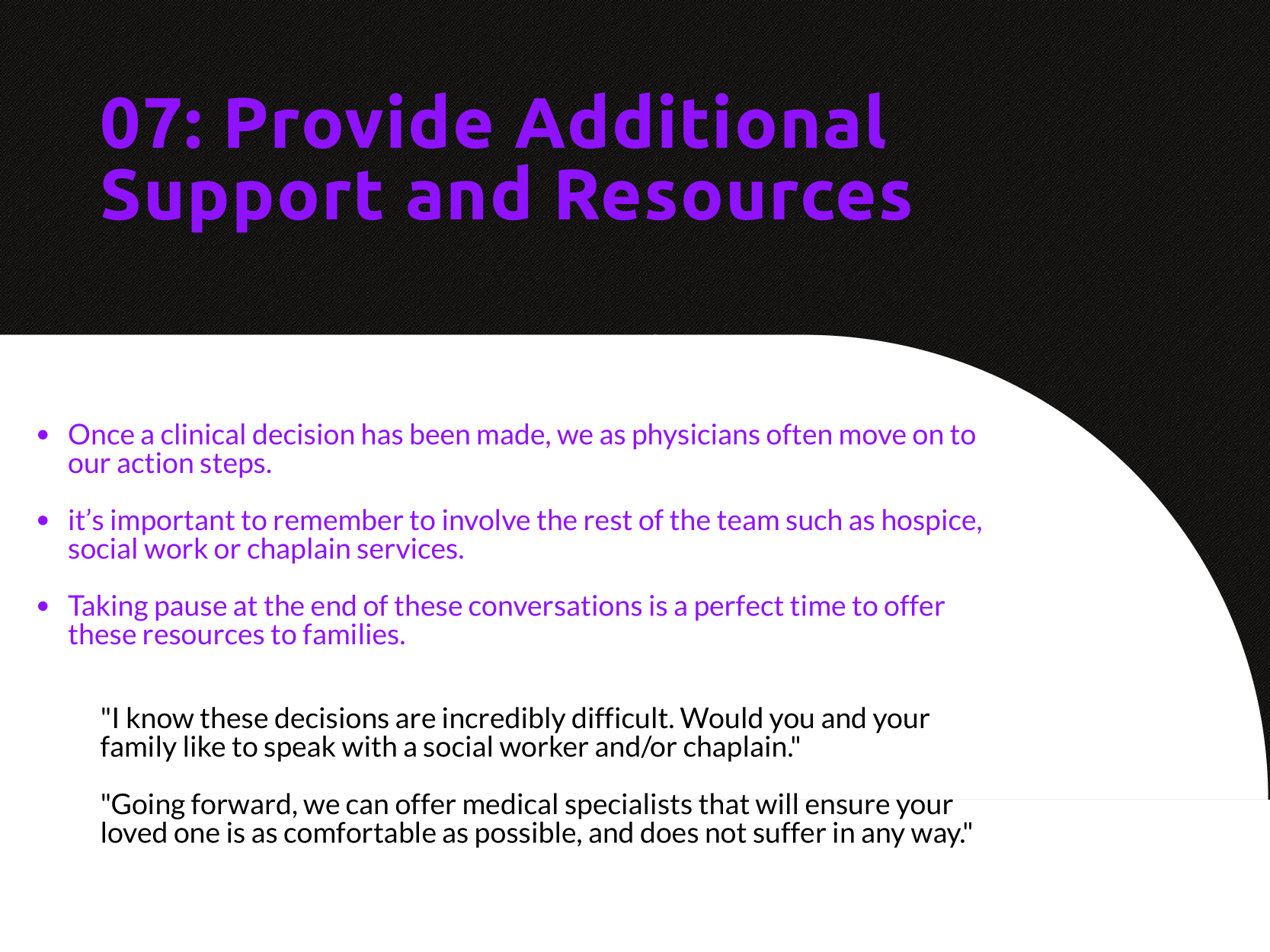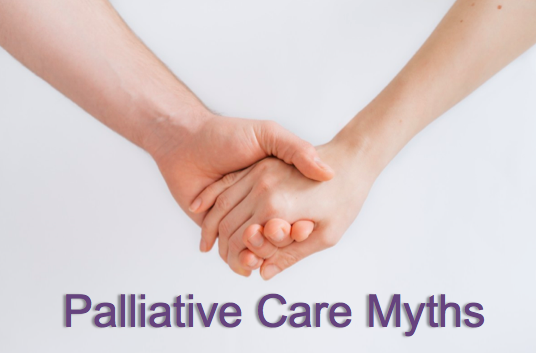Written by: Savannah Vogel, MD (NUEM ‘24) Edited by: Logan Wedel, MD (NUEM ‘22)
Expert Commentary by: Matt Pirotte, MD
References
“Discussing Goals of Care.” UpToDate, www.uptodate.com/contents/discussing-goals-of-care
Ganta, Niharika, et al. “SUPER: A New Framework for Goals of Care Conversation.” SGIM Forum, vol. 40, no. 3, 2017.
“Transitions/Goals of Care.” VitalTalk, 9 May 2019, www.vitaltalk.org/guides/transitionsgoals-of-care
Expert Commentary
This is a nice review of the steps of what can be a very difficult conversation from Drs. Vogel and Wedel; I encourage emergency providers (especially residents) to run towards these situations aggressively and not expect other doctors to begin these challenging discussions.
While their piece is chock full of great tips, let me throw out a few of my own that might help you on your next shift.
“I am worried” is a great phrase to open the conversation. These are confusing topics for families and loved ones, our medical jargon is usually not fully suppressed and generally makes things even worse. While a family member can misunderstand a diagnosis or a prognosis, no one can misunderstand another person’s worry. “I am worried that your husband might not survive this illness” is very clear.
Be the first step. Remember that you might be the first step in what might be a series of conversations. When you are admitted to a patient who you think is in big trouble, have a frank honest conversation with the family but do not force them to make decisions. Then your conversation becomes part of your handoff to the inpatient team. The care of the patient will benefit from open communication upfront that minimizes false hope. Emergency doctors know intuitively what trajectory patients are on, a chronically ill elderly patient presenting with shock requiring pressors have an extremely high mortality risk and we should be clear with families about that.
Reassure and validate at every opportunity. Jim Adams gave me a great pearl when I was training at Northwestern which was that when you see worried first-time parents at 3am in the ED with a benign newborn issue you compliment, reassure, and validate. “This kid looks great, you guys are doing a great job.” Same thing with families. Simple statements like “it’s obvious that you care about them” and “I know you are trying to make the right decision and you’re asking great questions” will go a long way towards helping families process this information.
Humanize the body filled with tubes and lines. A few minutes to ask about the patient at the beginning of a tough conversation go a long way. What did they do for a living? What were their hobbies? Families usually end up smiling a little bit here, reminiscing, and telling you some really cool stuff. Sometimes you find yourself laughing with a family that came in the door sobbing. I find these few minutes spent getting to know your patient also helps to steer discussions towards what the patient would have wanted.
Anticipatory guidance is not just for well-child checks! After tough goals of care conversations especially those that end in decisions to move towards palliative care goals I always do 2 things. First I tell the decision-maker that they are making a good and loving decision, that it is the decision I would make for a member of my family, and to not let anyone tell them otherwise. Second, I insist that the family especially the decision-maker drink a bottle of water and eat a sandwich. We’ve all seen an end-of-life situation generate a second patient with dehydration mediated syncopal episode at the bedside, let’s try to prevent that.
I am forever grateful to my PD at NUEM Mike Gisondi for sparking my interest in this topic, it has been an unbelievable gift to me in my clinical practice. As I frequently say in the ED, you cannot avoid difficult goals of care conversations and then complain about the lack of beds in the hospital.
Matt Pirotte, MD
Program Director & Associate Professor of Emergency Medicine
Vanderbilt University Medical Center
How To Cite This Post:
[Peer-Reviewed, Web Publication] Vogel, S. Wedel, L. (2022, Feb 21). End of Life Care in the ED. [NUEM Blog. Expert Commentary by Pirotte, M]. Retrieved from http://www.nuemblog.com/blog/end-of-life-care


















